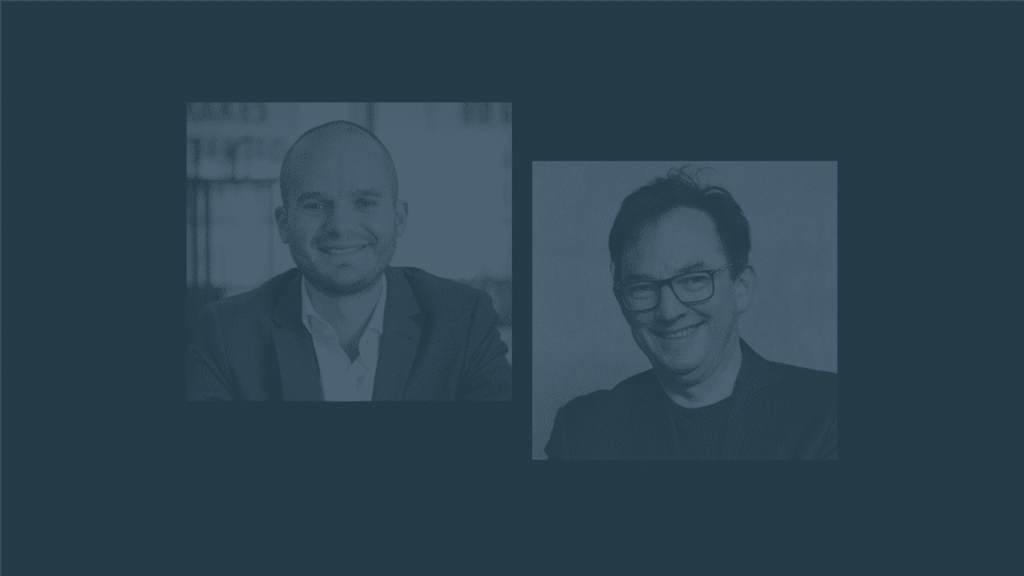
unpacking alternatives – a guide to investing
06 September 2024Peter Armitage of Anchor Capital sheds some light on the pros and cons of venturing into assets other than typical ‘vanilla’ equities and bonds with guest host Dino Zuccollo.
DINO ZUCCOLLO: Our next guest this morning is Peter Armitage, the CEO of Anchor Capital. As I mentioned earlier this morning, we’re going to be theming the podcast today, unpacking alternatives and talking a little bit more around the rise of alternative assets.
Peter, thank you. I appreciate the early morning. Maybe to begin, if you are anywhere around South Africa at the moment you’ll see billboards and you’ll have read a lot around alternative assets. There’s a lot of talk, but I’m not entirely sure that everybody who’s listening to the podcast this morning knows exactly what they are. Maybe let’s begin at the beginning.
What exactly, Peter, is an alternative investment – and how do they differ from the traditional markets?
PETER ARMITAGE: Dino, the way that we typically view alternative assets is anything kind of different from the vanilla equities and bonds that most people are invested in. Equities and bonds can change price on a daily basis. Markets can go up 10 or 20%. Alternative assets tend to be characteristic of a little longer duration. They don’t price every day. So it can be a hedge fund, it can be a property. For instance, you can have a company that sits as a listed business that’s considered traditional. If it delists and sits in a private equity fund, that would be considered alternative.
So there are lots of different ways to think about it. It’s usually creating more stable investments. It’s usually creating investments that you lock in for a little bit longer because they can do something. For normal assets you would have to go and put a buy and a sell on the board to get out of your asset. An alternative asset often has a time period – a property deal or a private debt fund where there’s a time period [within which] they’d give you your money back.
We’ve been focusing on it because that provides very nice return profiles.
DINO ZUCCOLLO: I was about to go to that question, Peter. Obviously there are pros and cons, but why do you think they’ve grown so much in popularity recently?
PETER ARMITAGE: I think a lot of it is because interest rates are higher, so you can create products and investments which earn a really nice return, and I think investors by and large over the course of the last five years have been exhausted by equity markets. You’ve had a pretty poor return in global markets over five years, with enormous volatility. And if we can create a fund or an investment which gives you in South Africa a stable 1% per month, offshore a stable 0.8% per month, kind of compounding at a nice steady pace, that’s very attractive to investors and that’s the sweet spot in the alternative investment space.
DINO ZUCCOLLO: They’re obviously not that popular and not that large when you compare them, Peter, with the traditional markets. Talk to me a little bit around why that perhaps is the case. What are the risks and the potential downsides when looking at alternative assets?
PETER ARMITAGE: Well, I think firstly a lack of knowledge. I think people are comfortable with equities. Ironically, equities are a lot riskier. It’s very easy for an equity fund to go down 10% or 20% before having a kick up. Secondly, often you have to lock your money in for a time period.
Our kind of favourite alternative space is private debt. This is private companies doing stuff in the space of banks, where banks don’t want to participate because they’re shorter-term loans or banks have various balance sheet restrictions. But you can picture private-debt funders lending money out for a [particular] period; they can’t let you put your money in and take it out two weeks later. So the Westbrooke fund, as you know, sits with six months’ liquidity.
People, as a starting point, prefer liquidity. We’ve created some funds which give people access to things where otherwise the ticket price is too big. So a private equity fund [may] want a million dollars from an investor; in our fund we’ve a number of those investments, and you can have exposure to a number of them.
So unless somebody creates a nice easy vehicle for you to invest in, it’s not something that the man in the street has exposure to. But certainly in SA we are following what happens around the world and there are various funds coming up which give people the ability to invest in alternative assets.
DINO ZUCCOLLO: I was actually going to ask you how one overcomes this issue with a lack of knowledge and understanding of the asset class, but certainly accessing through a fund makes a lot of sense.
You spoke about the global players, Peter. Talk us through a little around who the major players are in the ecosystem, and the types of asset managers that Anchor Capital is looking at allocating capital to.
PETER ARMITAGE: The alternative space tends to be kind of niche players. There are the big players, the Blackstones, the BlackRocks overseas. The big ones tend to be quite property-focused because that’s where the biggest and most secure asset class is.
What we do at Anchor Capital is we tend to try and invest with people that we know. I think in the alternative asset class you’ve got to be very confident of the competence and depth of the investment committees and management teams of businesses you invest with.
So we’ve got a fair bit of money with Westbrooke, who are specialists in the property space, as you will know – well, in the private lending space, which tends to be kind of property-based and has some private equity funds.
And then there are typically some big deals that float around South Africa. We’ve invested in a US fibre deal with the guys who started Vumatel. We’ve invested in UK data centres where guys put together funds around specific assets [and] we like the guys who put them together. There’s a company called Argo [Real Estate] in the UK which specialises in property investments. So if we find a nice deal we’ll invest there.
What we try to do is create a diversified portfolio of assets which have a profile of kind of aiming for that 10% to 15% in SA, 9% to 12% offshore, and if markets crash you shouldn’t see the price go down. I think that’s really the comfort.
A lot of the time the return is earned from a coupon, so every month or three months you’re getting interest on your investment; you are not relying on somebody else deciding that the asset is worth more.
DINO ZUCCOLLO: Absolutely.
That was Peter Armitage, CEO of Anchor Capital. Thank you very much, Peter, for your early morning, talking to us a little bit more around their rise, and unpacking exactly what an alternative asset is.





